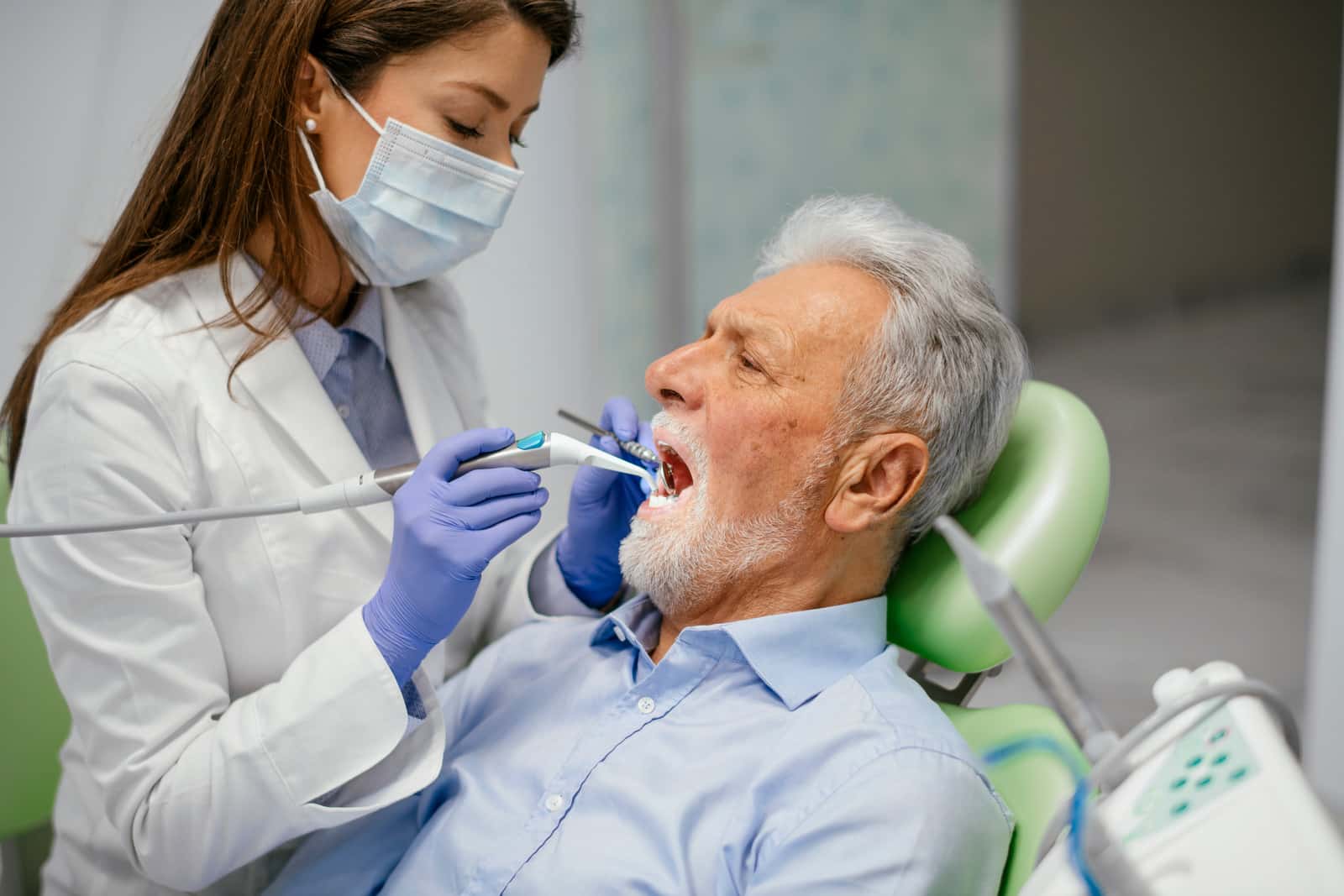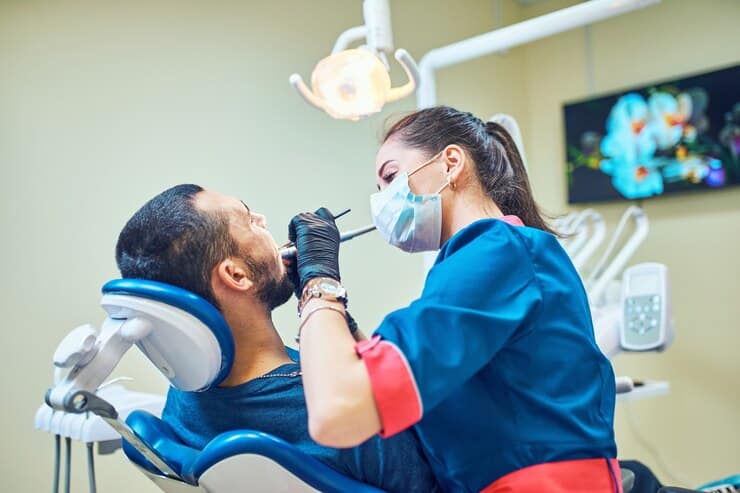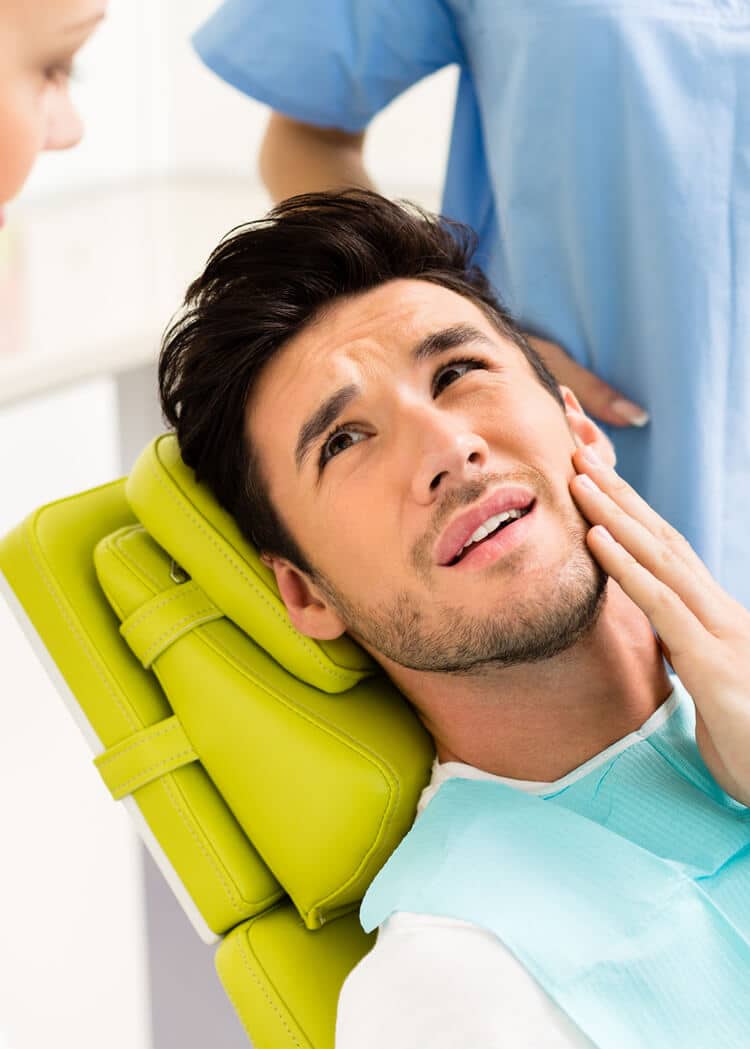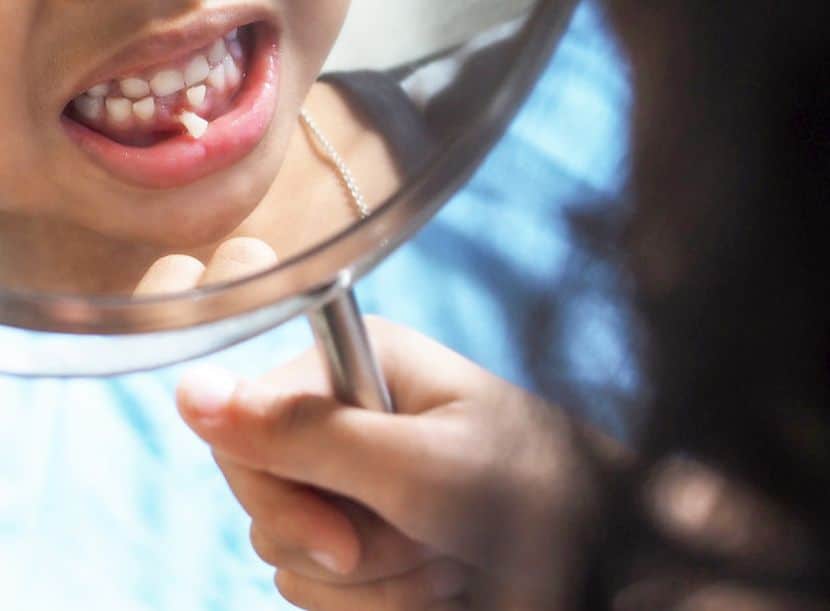
The Importance Of Prompt Dental Care: Why Timely Action Is Crucial In Dental Emergency
Dental emergencies can strike at any time, and when they do, it’s vital to act swiftly. The significance of dental care in emergencies cannot be overstated. Whether it’s a sudden, excruciating toothache, a broken tooth, or a knocked-out tooth, knowing how to respond and seeking immediate dental care can make all the difference. In this article, we will delve into dental emergencies, exploring what constitutes such situations, the repercussions of delayed treatment, and the steps you should take during a dental crisis. We will also discuss the role of timely dental care, how to seek professional help, and preventive measures to minimize the risk of dental emergencies.
Understanding Dental Emergencies
A dental emergency is a situation that requires immediate attention from a dental professional to alleviate pain, prevent further damage, and preserve oral health. Common dental emergencies include:
Severe Toothache: An unbearable, persistent toothache often indicates an underlying issue like an infection or a damaged tooth.
Broken Tooth: Accidents or trauma can result in a broken or fractured tooth, causing pain and exposing sensitive nerves.
Knocked-Out Tooth: When a tooth is completely dislodged from its socket, it’s crucial to act swiftly to have any hope of saving the tooth.
Lost Filling or Crown: A lost filling or crown can expose the underlying tooth to damage further, sensitivity, and pain.
Abscess or Swelling: Oral abscesses can lead to severe infections, and facial swelling indicates immediate care is needed.
Consequences of Delayed Treatment
Delaying dental care in emergencies can have significant consequences. Some of the risks and complications include:
Increased Pain and Discomfort: Delaying treatment means enduring prolonged pain and discomfort, which can significantly impact your quality of life.
Spread of Infection: Dental infections can spread to the jaw, head, neck, or even the bloodstream, leading to serious health complications.
Tooth Loss: A knocked-out tooth, when not promptly addressed, can lead to permanent tooth loss.
Complicated Treatments: The longer you wait, the more complex and expensive the required treatments may become.
Financial Implications: Delaying treatment can result in higher dental bills due to the need for more extensive procedures.
Immediate Actions That Can Be Taken
When facing a dental emergency, it’s crucial to take immediate action. Here’s a step-by-step guide on what to do during various dental crises:
Severe Toothache:
Rinse your mouth with warm water to clean the area.
Floss gently to remove any debris that may be causing the pain.
Over-the-counter pain relievers can help but do not apply them directly to the gums or tooth.
Contact a dental professional for an appointment as soon as possible.
Broken Tooth:
Save any broken pieces.
Rinse your mouth with warm water to clean the area.
Apply a cold compress to reduce swelling.
Seek immediate dental care.
Knocked-Out Tooth:
Handle the tooth by the crown (top part), avoiding touching the root.
Rinse the tooth gently with water if it’s dirty, but do not scrub it.
Attempt to reinsert the tooth into its socket, holding it in place with clean gauze or cloth.
If reinsertion isn’t possible, place the tooth in a milk container or a tooth-preservation solution.
Seek dental care immediately.
Lost Filling or Crown:
Save the filling or crown if possible.
Avoid chewing on the affected tooth.
Apply over-the-counter dental cement or temporary filling material.
Contact your emergency dentist to schedule an appointment.
Abscess or Swelling:
Rinse your mouth with a mild saltwater solution.
Use a cold compress to reduce swelling.
Seek immediate dental care, as oral abscesses can be serious.
The Role Of Timely Dental Care
The importance of seeking prompt dental care in emergencies must be emphasized more. Timely action can:
Prevent Further Damage: Swift intervention can prevent the escalation of dental issues, reducing the extent of damage and the complexity of treatment.
Alleviate Pain: Immediate care can relieve excruciating pain, improving overall well-being.
Increase Treatment Success: The chances of successfully saving a knocked-out tooth or addressing an infection are significantly higher when treatment is prompt.
Seeking Professional Help
While the above steps can provide relief, contacting a dental professional is paramount. Dental experts possess the knowledge and equipment needed for a proper diagnosis and treatment. If you’re facing a dental emergency, it’s vital to know how to find an emergency dentist or clinic in your area. Many dental offices offer emergency services, and it’s essential to have their contact information readily available.
Preventive Measures And Preparedness
Preventing dental emergencies is as important as knowing how to respond to them. Consider these preventive measures:
Regular Dental Check-ups: Schedule regular dental check-ups to identify and address potential issues before they become emergencies.
Maintain Good Oral Hygiene: Brush and floss daily, and use an antiseptic mouthwash to reduce the risk of infections.
Wear Mouthguards: If you engage in sports or grind your teeth at night, consider wearing mouthguards to protect your teeth from injury.
Avoid Chewing on Hard Objects: Refrain from chewing on hard objects like ice or pens to prevent tooth fractures.
Have a Dental First Aid Kit: Assemble a dental first aid kit containing items like gauze, dental cement, and an emergency dental contact list.
The importance of prompt dental care in emergencies cannot be overstated. Dental emergencies can have far-reaching consequences, from increased pain and discomfort to financial implications. However, by knowing how to respond to a dental crisis, seeking timely professional help, and taking preventive measures, you can safeguard your oral health and well-being. Prioritize your oral health, and remember that immediate action can make a significant difference in the outcome of a dental emergency.



